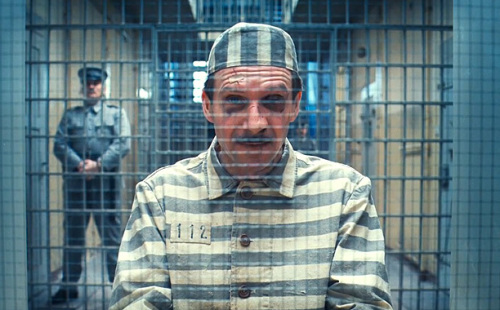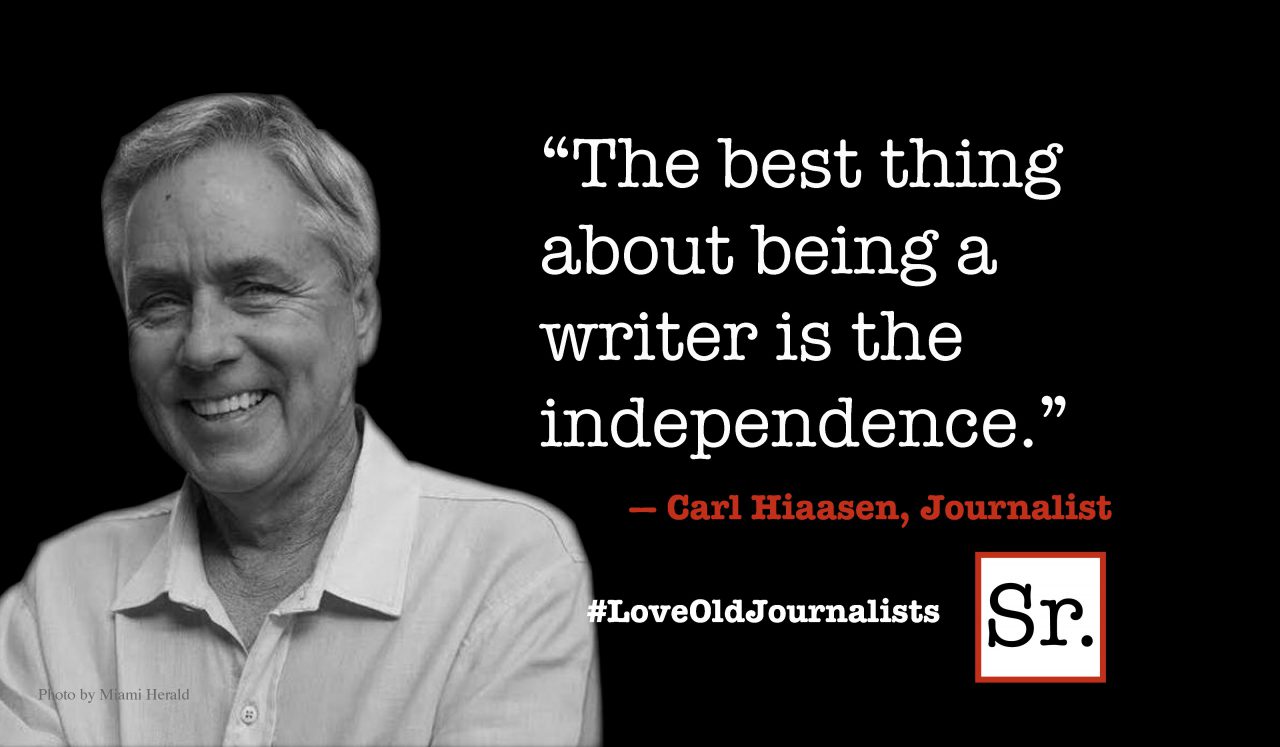Wes Anderson’s “The Grand Budapest Hotel” is a whopper of a shaggy dog story — or more accurately, it’s a series of shaggy dog stories that fit neatly inside one another like one of those painted Russian dolls.
The film’s yarn-within-a-yarn structure and a delightfully nutty perf from leading man Ralph Fiennes are the main attractions here. I had hoped that “Grand Budapest…” would scale the same emotional heights as Anderson’s last effort, the captivating “Moonrise Kingdom.”
It doesn’t. But there’s still plenty to relish here.
Describing the film requires a flow chart. But here goes:
In the present in a former Eastern Bloc country, a young woman visits the grave of a dead author and begins reading his book The Grand Budapest Hotel.
Suddenly we’re face to face with the writer (Tom Wilkinson), who is sitting at the desk in his study. After a few introductory comments and a brusque cuffing of a small boy who is proving a distraction, the author begins telling us the plot of his novel.
Now we’re in the 1990s in the formerly sumptuous but now dog-eared Grand Budapest hotel in the Eastern European alps. Staying there is a Young Writer (Jude Law) who befriends the mysterious Mr. Moustafa (F. Murray Abraham). An aged empresario who owns several of Europe’s most luxurious hotels, Moustafa keeps the Grand Budapest running for nostalgic reasons.
Over a series of dinners, Moustafa describes his youth as a bellboy at the Grand Budapest and his apprenticeship in the pre-war years with the hotel’s legendary concierge, M. Goustave (Ralph Fiennes).
This is where the film proper kicks into gear. Anderson gives us a visual cue: suddenly the widescreen image mutates into the old-fashioned square frame of the films of the 1930s.
Fiennes’ Goustave is an imperious fellow who runs the hotel with an iron fist in a velvet glove. And like Max Bialistock in Mel Brooks’ “The Producers,” Goustave is a seducer of rich old ladies. One of these prunish biddies (Tilda Swinton) dies, leaving a handwritten will that gives Goustave a priceless painting.
Her children, especially her ruthless son Dmitri (Adrien Brody), aren’t giving up without a fight. First Dmitri sends his hired killer (Willem Dafoe) to see to the old lady’s lawyer (Jeff Goldblum). Then he arranges to have Goustave arrested for murdering the old gal.
All this is observed by the bellboy Zero (Tony Revolori, playing the younger version of Moustafa), who accompanies Goustave on numerous misadventures and, with the help of a pastry chef (Saoirse Ronan) sets in motion a plan to free Goustave from prison.
There’s more, but you get the picture. “The Grand Budapest Hotel” is a breathless romp filled with deadpan hilarity, Anderson’s trademark visual flourishes, and a host of supporting characters played by members of his ever-expanding stock company.
Keep your eyes open for Harvey Keitel, Bill Murray, Edward Norton, Jason Schwartzman, Owen Wilson, Bob Balaban, Lea Seydoux, and Mathieu Almaric. Some are only on screen for a few seconds, making “Grand Budapest” a cinematic version of Where’s Waldo?
The film looks absolutely edible — Adam Stockhausen’s production design envisions the hotel in its prime as a giant layer cake. And the film mixes Depression-era realities with sumptuous high living that keeps us zig zagging between posh opulence and gritty poverty.
Holding it all together is Fienne’s performance as a man who is simultaneously reprehensible and inspirational. It’s a richly comic performance, yet one with a center of truth that makes Goustave almost endearing.









